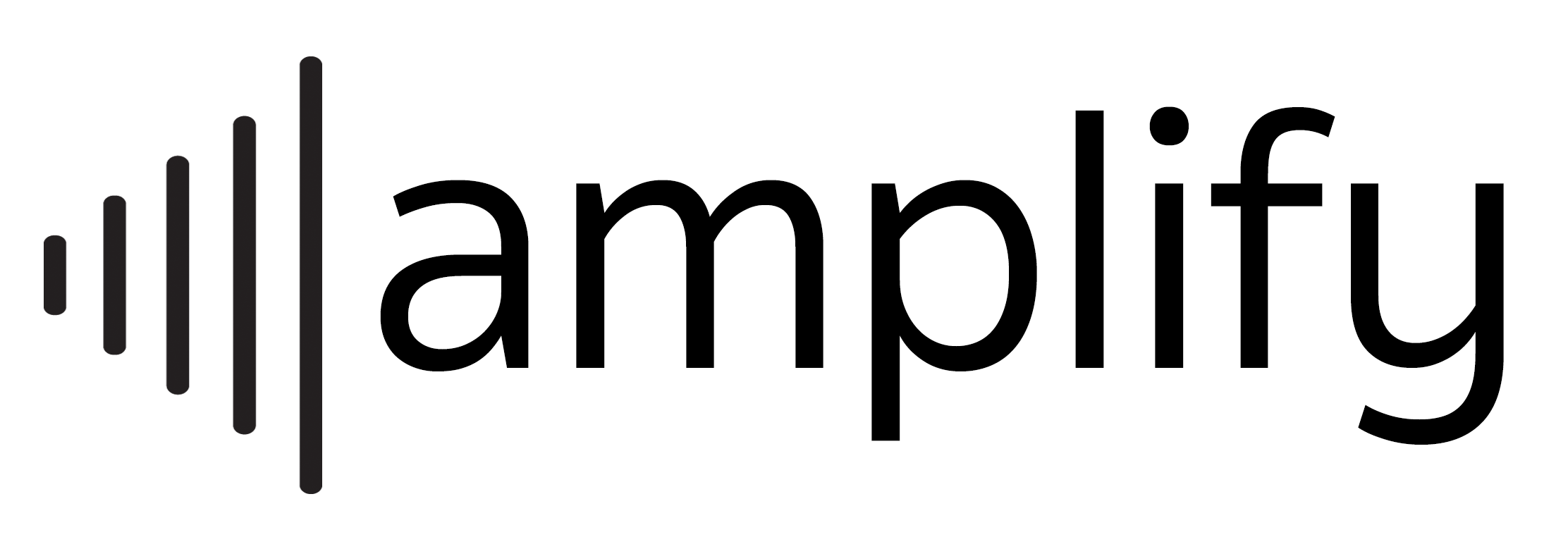There are over 10,000 charitable trusts and foundations in the UK supporting a wide variety of causes. However, applying for grants can be challenging since they receive hundreds (if not thousands) of applications. A well-written application stands out since many organisations do not spend enough time drafting them to a high degree. It is important to focus your fundraising efforts by choosing a small number of grant makers that you know will be interested in your cause.
A grant proposal must be a convincing and well-supported case for supporting your work.
Here are a few tips for writing an effective funding application…
Summarise your project
A short executive summary of your proposal is often what the final decision makers will see after your proposal has been assessed. Make it clear why you are trying to raise funds. Make sure the grant maker understands your needs and objectives, and how funding will be used. Cover the essentials, but don’t overcomplicate things.
Personalise your application
The most important rule of all is to customise your application to each particular funder.
You’ll need to conduct extensive research to accomplish this. Study their guidance or review their accounts on the Charity Commission website to get a sense of the different types of organisations and projects they fund. This will help you to prepare and tailor your application, and give you a good sense of what is an appropriate level to ask for.
If they have guidance make sure you are covering everything they are looking for. If they don’t have guidance it’s recommended to send an application of anything between 2-4 pages with a cover letter or email.
While many funders can be very general, most typically have specific areas of interest. It is important that what you submit is matched appropriately to their interests. If it doesn’t look like a good fit, then it’s probably not the right funder for you!
Use statistics and data to support your case
A heartfelt narrative may persuade someone to give you a small amount of money. On the other hand, a trust or foundation giving out five or six figure grants, does not do so only based on positive testimonials.
Using data and statistics are an important way to back up your request. Use these meaningfully and make sure you’re not overloading the reader. Statistics and evidence can come from your own data collection on the people you work with or from external websites (e.g Office for National Statistics).
Successful funding applications focus on the impact. They clearly describe the problem that the funding would solve and the method that the organisation has used successfully to do so.
Get in contact before you submit your application
Where possible it is always a good idea to make contact with the funder before submitting your proposal. This can act as a good part of your research on the particular funder you are targeting.
Make sure you have done your research before contacting them, and have in mind a question or two that they may be able to advise on that isn’t publicly available on their website or in their guidance.
If they have a telephone number, this can be the quickest and easiest way to find out that little bit of extra information that can support your request. It may also get you in mind when you application does get to them. Alternatively, a brief email explaining your interest in the foundation and that you just wanted to check on something before making the full application is a good approach.
With over 20 years’ experience in writing successful funding proposals to all of the UK’s major funders, Amplify can help you to articulate your work in the best possible way. We can take the lead on helping you to shape a well-crafted funding application. Alternatively, we can provide you with the advice and guidance needed to help you write better proposals.
